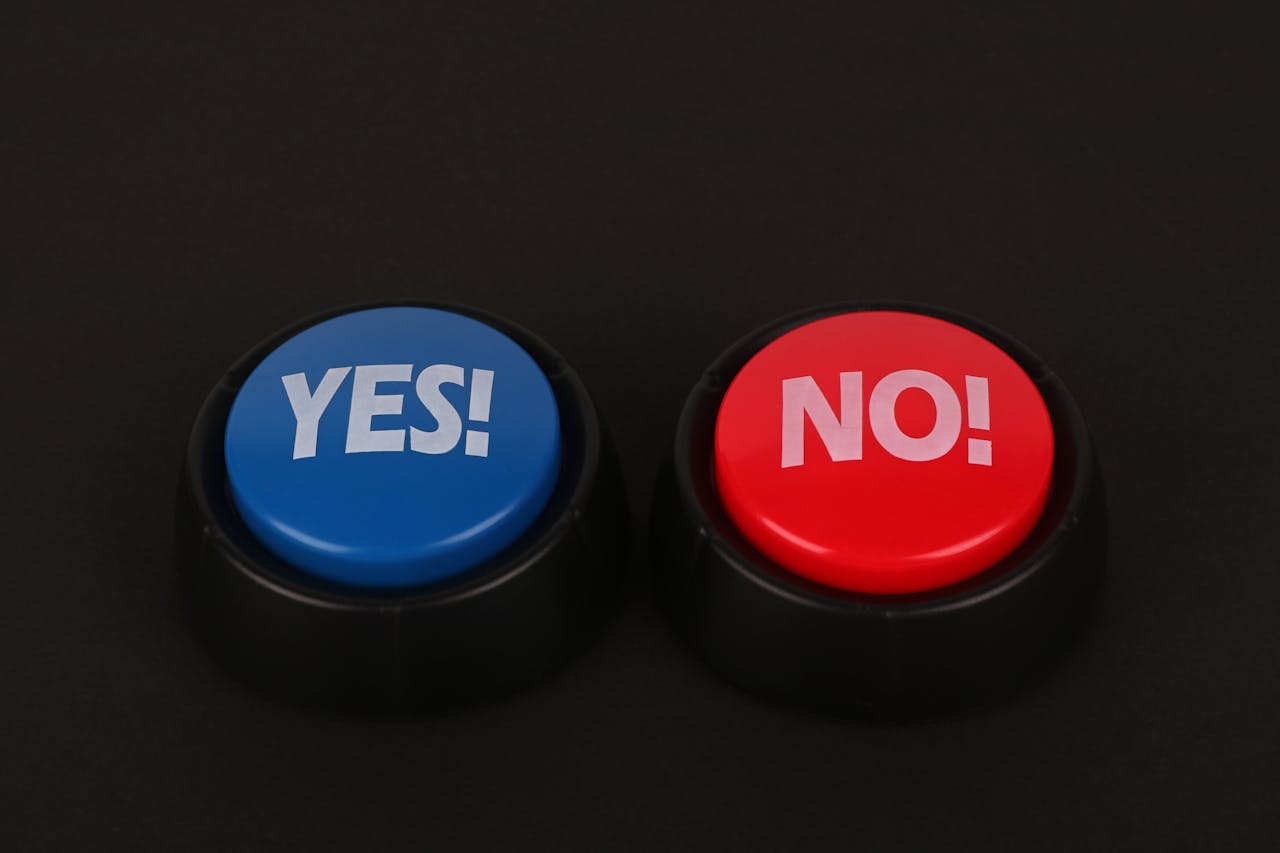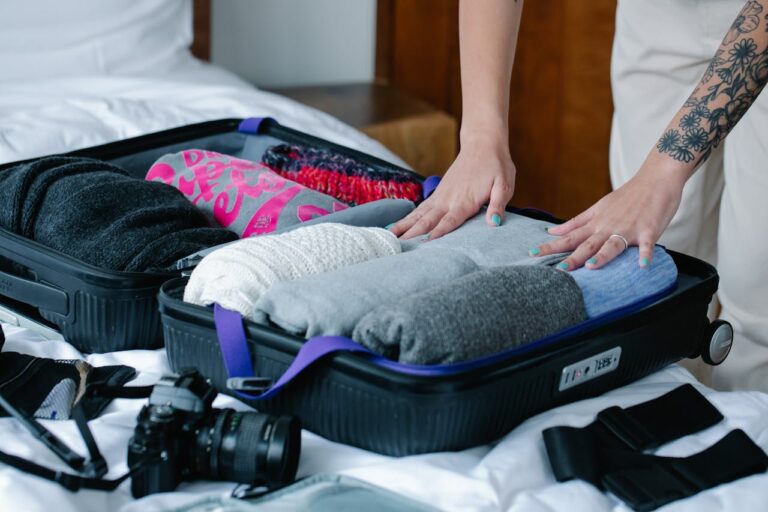Write Us: hello@ali5.org
Avoiding Overwhelm: The Art of Saying No While You’re Abroad
Discover how to avoid overwhelm while abroad by setting boundaries and saying no with confidence. Stay present, enjoy your trip, and make space for what truly matters.

When you travel, it’s easy to get caught in a whirlwind of “yes.” Yes to another sightseeing stop. Yes to meeting up with a friend of a friend. Yes to a late-night bar crawl after a full day of hiking.
Before you know it, your “dream trip” feels more like a marathon, and you’re running on fumes.
Here’s the truth: travel is better when you permit yourself to say no. Not to everything, but to the things that drain you, don’t interest you, or keep you from actually enjoying the moment. Let’s break down how to do that without feeling guilty or missing out.
Why Overwhelm Happens Faster When You Travel
At home, your routine naturally gives you pockets of downtime. When you’re abroad, every day seems special. You plan because you want to make the most of it. Having to make decisions all the time, being in new places, and using public transportation you aren’t used to drains your mental energy faster than normal.
When you travel with other people, the stress level rises. You’ll have to make concessions because everyone has different needs, wants, and amounts of energy. If you don’t set limits, you might come back from the trip tired instead of refreshed.
Why You Should Say “No”
Saying “no” doesn’t mean you’re rude or unwilling to try new things. It’s about giving your restricted energy the care it needs so you can enjoy the things you do choose.
It’s kind of like putting together an art show. You pick out the most important pieces to hang. During your trip, the same goes for your time and care.
1. Decide on Your Non-Negotiables Before You Go
Before you even board the plane, decide on the experiences you care about most. Maybe it’s seeing a certain landmark, taking a cooking class, or having slow mornings at a café.
When you know your priorities, it’s easier to say no to things that don’t align. You’re not rejecting the activity, you’re protecting space for what matters more.
2. Learn Polite but Firm Responses
Saying no can be uncomfortable, especially in a new culture or with new travel companions. Having a few phrases ready makes it easier.
- “Thanks for the invite, but I need a quiet night.”
- “I’m sitting this one out so I can rest for tomorrow.”
- “That sounds great, but it’s not my thing.”
You don’t owe long explanations. Keep it friendly, and most people will respect your choice.
3. Schedule Downtime on Purpose
If you don’t plan breaks, they won’t happen. Block out mornings or afternoons to rest, wander aimlessly, or do nothing.
You might feel guilty at first, like you’re “wasting” your trip, but giving your mind and body time to recover makes the rest of your experiences more enjoyable.
4. Watch for Early Signs of Overload
Your body usually warns you before burnout hits:
- You’re snapping at small things.
- You can’t focus on conversations.
- You’re zoning out instead of engaging.
When these signs show up, it’s time to scale back. Skipping even one thing can give you new energy.
5. Let Go of FOMO
Fear of missing out is a major reason travelers say yes too often. But here’s the thing: you can’t do everything. The more you try, the less you’ll remember each experience.
Instead of thinking about what you might miss, focus on what you’ll gain by choosing rest or a slower pace: more clarity, more presence, and better memories of the moments you do have.
6. Be Honest With Travel Companions
If you’re traveling with others, be upfront about your need for downtime. Most people appreciate knowing your preferences instead of assuming you’re always on board for every plan.
Offer alternatives, maybe you skip the group dinner but meet for dessert later, or you take a solo morning and rejoin in the afternoon.
7. Enjoy your time alone
Taking time to be alone can be relaxing, even if you’re traveling with other people. You can go for a walk by yourself, take your time in a museum, or just relax with a coffee in a park.
You’re not avoiding your group; you’re just giving yourself time to relax so you can enjoy their company more later.
8. Know what is expected of you in your culture
In some cultures, it might be rude to turn down an offer. When these things happen, you can still set limits without hurting anyone:
- Instead of skipping the whole visit, suggest a shorter one.
- You can join for part of the action but leave early.
- Give a clear and polite reason for your absence.
- Keeping your health and following the rules of the area in mind is important.
9. Change what “adventure” means.
Adventure doesn’t mean moving all the time. You might spend an afternoon writing in a notebook about your trip or sit in a quiet café and watch the people go by.
You can have more meaningful, personal moments on a trip when you don’t judge it by how much you get done.
10. Practice After You Get Home
The art of saying no isn’t just for travel; it’s a life skill. Test things out on your trip. Notice how it feels to skip something that doesn’t excite you. Bring that confidence home and apply it to your everyday life.
Final Thoughts
Travel should make you feel good, not tired. Don’t forget that you make your own plans, even if no one else is around.
Set limits, figure out what’s most important to you, and let go of the need to do everything. This will help you have better, more memorable experiences. You should sometimes say “yes” to yourself more than anyone else.







